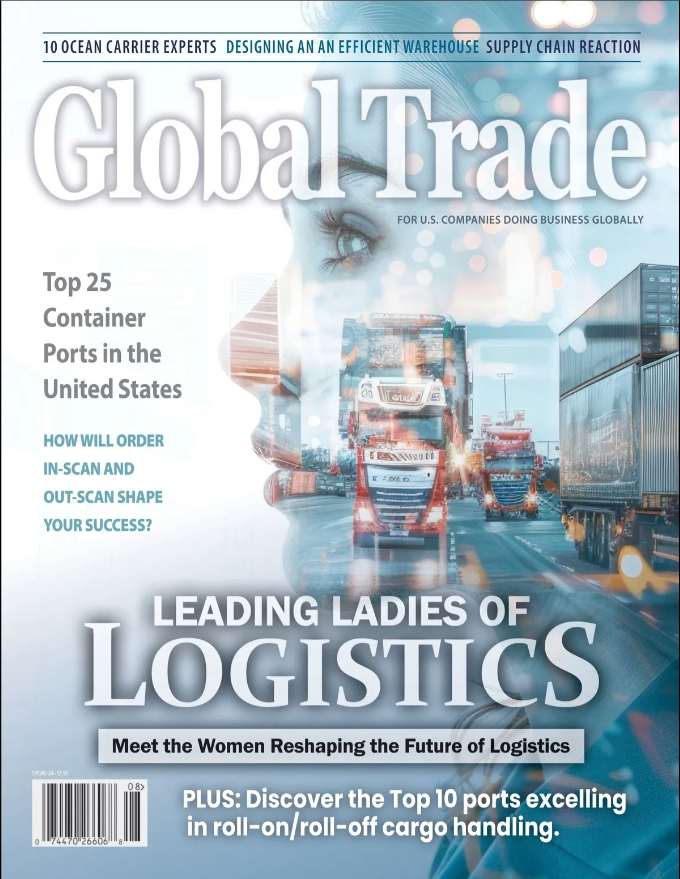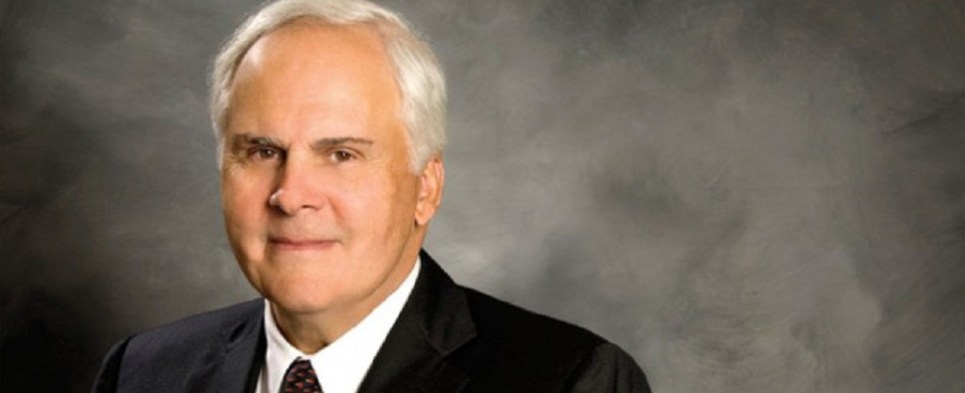FedEx CEO Blasts Trump Trade Rhetoric
In a speech delivered earlier this month at the National Competitiveness Forum, FedEx Corp. CEO Fred Smith said that some blame U.S. economic problems on trade, “but the facts indicate otherwise.”
He went on to criticize President-elect Donald Trump’s rhetoric on trade while on the campaign trail, urging him not to withdraw the United States from the Trans-Pacific Partnership and to make improvements to the North American Free Trade Agreement based on progress made during TPP negotiations.
“We at FedEx are passionate about supporting trade, and we consider all FedEx jobs to be trade jobs,” said Smith. “We know that trade equals more markets and greater opportunities for U.S. companies, especially small and medium businesses, which comprise about 97 percent of U.S. exporters.”
Protectionism, Smith added doesn’t work to improve economies or save jobs. He pointed to Brazil’s and Argentina’s policies based on high tariffs and promotion of domestic production over imports.
“Such policies have created factory jobs,” Smith noted, “but they’ve come at great cost to consumers, who pay higher prices for goods and to taxpayers, who foot the bill for the subsidies.”
Smith also pointed to the “devastating” Smoot-Hawley Act of 1930 as an historical example of how protectionism doesn’t work for the U.S. That measure, which raised tariffs on more than 20,000 items, contributed to a 66-percent decline in world trade from 1929 to 1934.
“This misguided act of Congress ignited the Great Depression,” said Smith. “In 1934, with the leadership of Secretary of State Cordell Hull, Franklin Roosevelt overturned the Smoot-Hawley Act and established the trade policy the United States has pursued ever since—one of competitive, open markets.”
Today, trade supports over 40 million U.S. jobs, over 20 percent of the national total. Eighty percent of the world’s purchasing power and 95 percent of its consumers lie outside the U.S. One-third of U.S.
farmland is planted for exports. Twenty-five percent of all U.S. manufacturing jobs are supported by exports.
Smith relayed statistics released by the U.S. Deptartment of Commerce which state that trade-related jobs pay 18 percent more than non-trade related jobs.
“The U.S. wins when we enter free trade agreements,” Smith said. “The U.S. has free trade agreements in place with only 20 of our trading partners. Contrary to public perception, the U.S. enjoys a surplus with those trading partners in manufacturing, and has global surpluses in services and agriculture.”
According to the Department of Commerce, U.S. 20 free trade partners buy about half of all U.S. exports, and, per capita, those 20 countries buy 13 times as many U.S. goods and services as other countries.
On current trade issues, “We are 100 percent behind the TPP,” said Smith, which “will unlock more trade opportunities with the other fast-growing TPP countries. TPP represents more than 480 million potential customers for U.S. businesses. The agreement would eliminate 18,000 tariffs on U.S.-made products, thus increasing global demand for made-in-America goods. It will spur greater investment in the U.S., which correlates to new jobs here. Our strong recommendation to the Trump administration is to not abandon the TPP but to improve it toward full free trade with these countries.”
NAFTA, said Smith, “is the lynchpin of our current economic competitiveness.” “NAFTA has made the United States the centerpiece of a huge North American production platform,” he added. “Nearly 14 million U.S. jobs depend on trade with Canada and Mexico.”
Smith allowed that NAFTA, which was was written in the 1990s, might be somewhat outdated thanks mostly to the internet and the digital economy.
“Modern trade agreements like TPP addresses twenty-first century trade issues such as ecommerce, crossborder data flows, state-owned enterprises, small businesses, and global supply chains,” said Smith. “All these improvements, plus others in the areas of labor and environment, are included in TPP. If President-elect Trump wants to improve NAFTA, he could start with these types of provisions, many of which have already been agreed to by Mexico and Canada as part of TPP.”





Leave a Reply